With more than 264 million people of all ages suffer from depression worldwide, Depression is a burning issue. Unlike physical wounds, depression is hard to realize. It takes a lot of courage and commitment to deal with depression or help someone in need. To start with it you must know the do’s and don’ts of depression!
People with this most common mental health condition feel sad, tired, lack interest or pleasure, have low self-worth, poor sleep pattern or lose appetite, and low concentration. Depression may soon become the leading cause of disability.
There are a number of simple things that anyone can do to lift their mood when dealing with depression. You may already be doing some, and you certainly don’t need to be doing them all. Just try the ones that you feel most comfortable with, or that is easiest for you.
As your mood begins to lift—and sooner or later it will—you can make more and bigger changes to your routine. And if you can hold on to these good habits, you will continue to feel better.

Here’re do’s and don’ts of depression:
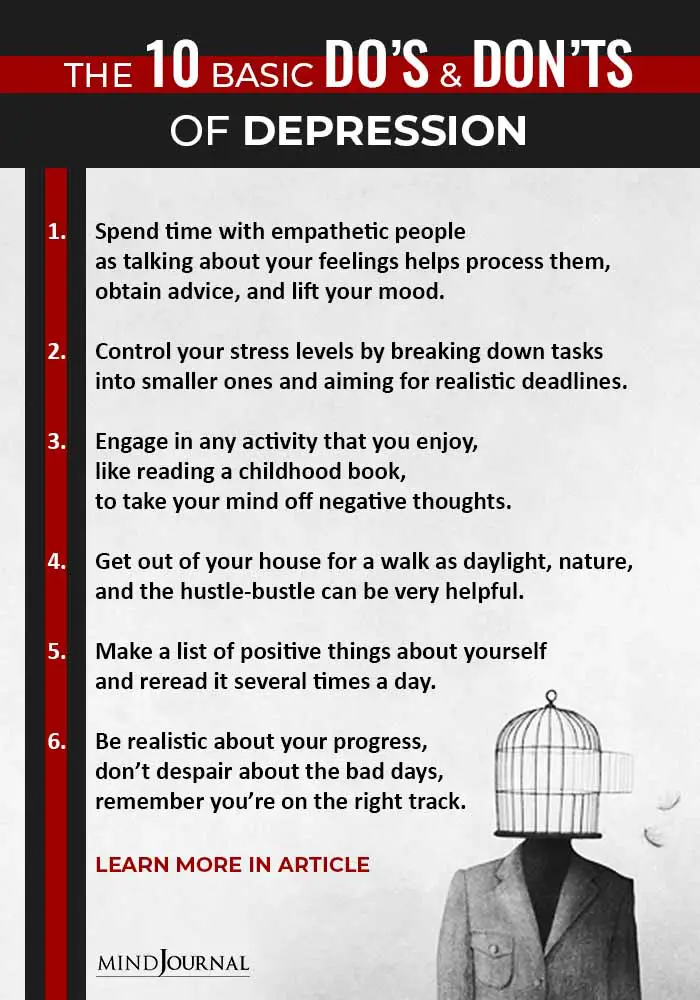
1. Spend More Time With Sympathetic Friends And Relatives.
Talking to others about our feelings helps us to process them, put them into perspective, and obtain advice and support. Don’t be afraid to tell people that you need their help, and don’t feel guilty for accepting it. If you feel uncomfortable talking to friends and relatives, or are unable to, you can phone a helpline. Perhaps you prefer not to talk about your feelings at all. Even so, spending time with sympathetic people and doing things together should help to lift your mood.
Related: Red Flags That Indicate You Might Be Slipping Back Into Depression
2. Don’t Bite Off More Than You Can Chew.
Break down large tasks into smaller ones, and set realistic deadlines for completing them. Try to reduce your levels of stress. Don’t blame yourself for “doing nothing”; you are merely giving yourself the time and space that you need to get better. Just think of it as taking a step back to jump further.
Related: 5 Ways Childhood Emotional Neglect Causes Depression in Adulthood
3. Spend More Time Doing The Things That You Normally Enjoy, Even If They No Longer Seem Appealing.
Read your favorite childhood book, go shopping or to the cinema, prepare a meal, spend time with an old friend—anything that gets you out and takes your mind off negative thoughts is likely to make things better.
4. Get Out Of The House, Even If Only To Buy Milk Or Walk In The Park.
Bright daylight, fresh air, and the hustle-bustle of everyday life can all be very helpful, as can the sights, sounds, and smells of nature. If you can, try to take some mild exercise, such as 20 minutes of brisk walking.
“Keep yourself busy if you want to avoid depression. For me, inactivity is the enemy.”– Matt Lucas
5. Fight Off Negative Thoughts.
Make a list of all the positive things about yourself and your situation (you may need help with this), keep it with you, and read it several times a day. However bad you may be feeling, remember that you have not always felt this way, and will not always feel this way.
Related: 10 Habits That Cause Low Self Esteem And Depression
6. Be Realistic About Your Progress.
Improvements in mood are likely to be gradual rather than sudden, and you may even get worse before you start getting better. Once you are on the right track, there are going to be bad days as well as good days. Bad days that come after one or several good days may seem all the worse for it. Don’t blame yourself for the bad days, and don’t despair.
7. Avoid Making Or Acting Upon Important Decisions.
This would include leaving your job, getting divorced, or spending a large amount of money. While in the throes of depression, thinking errors are likely to impair your judgment.
8. Get As Much Sleep As You Can.
A single good night’s sleep, or even a nice nap, can make a world of difference to your mood. To sleep better and longer, follow some of the advice in this related article.
9. Make An Appointment With A Health Professional.
Enlist the advice and support of your family doctor or a psychiatrist. Maybe ask for counseling and take things from there. Most people with depression feel better with medication, psychotherapy, or both. There’s always hope.
Related: How Depression and Addiction Can Be Correlated
10. Decide Whom To Call In An Emergency Should You Feel Overwhelmed By Negative Or Suicidal Thoughts.
This may be a relative or friend, your doctor, or a helpline. Think of a backup in case you can’t reach your primary support. Carry the appropriate telephone numbers on your person at all times, on your phone or in your wallet.

Find Neel Burton on Twitter and Facebook.
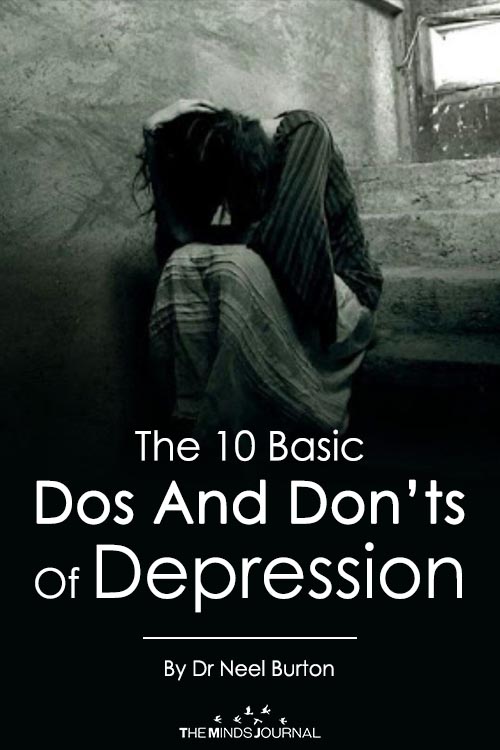
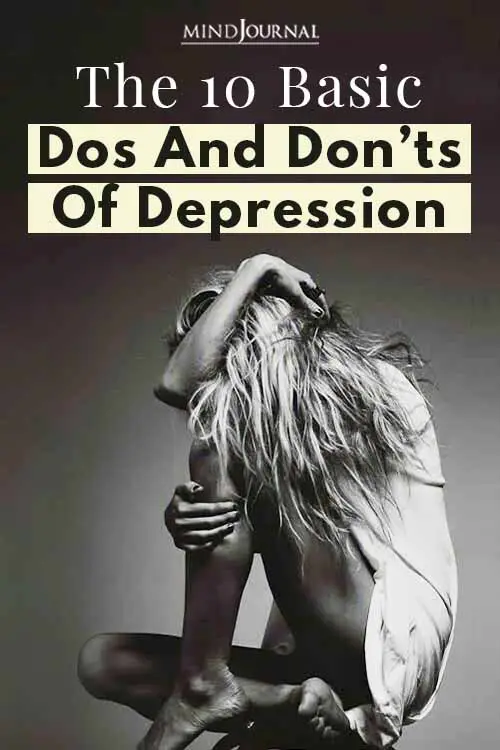
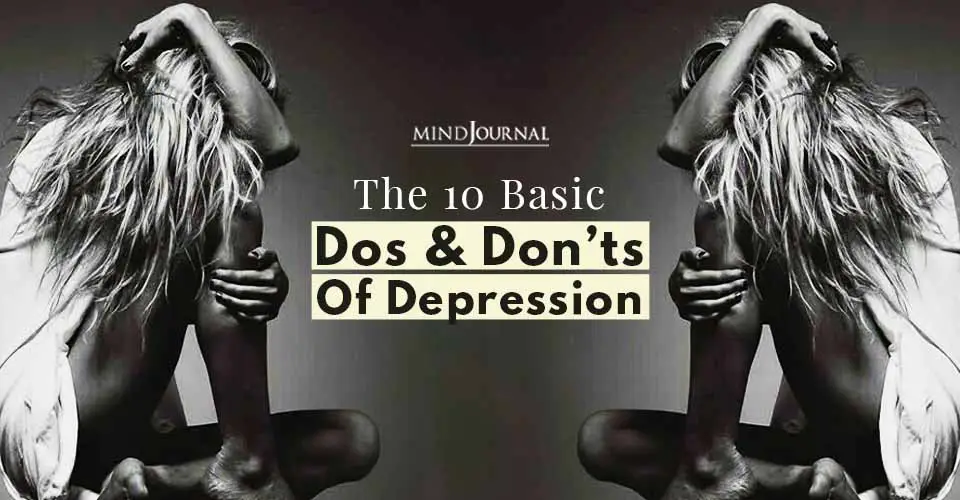

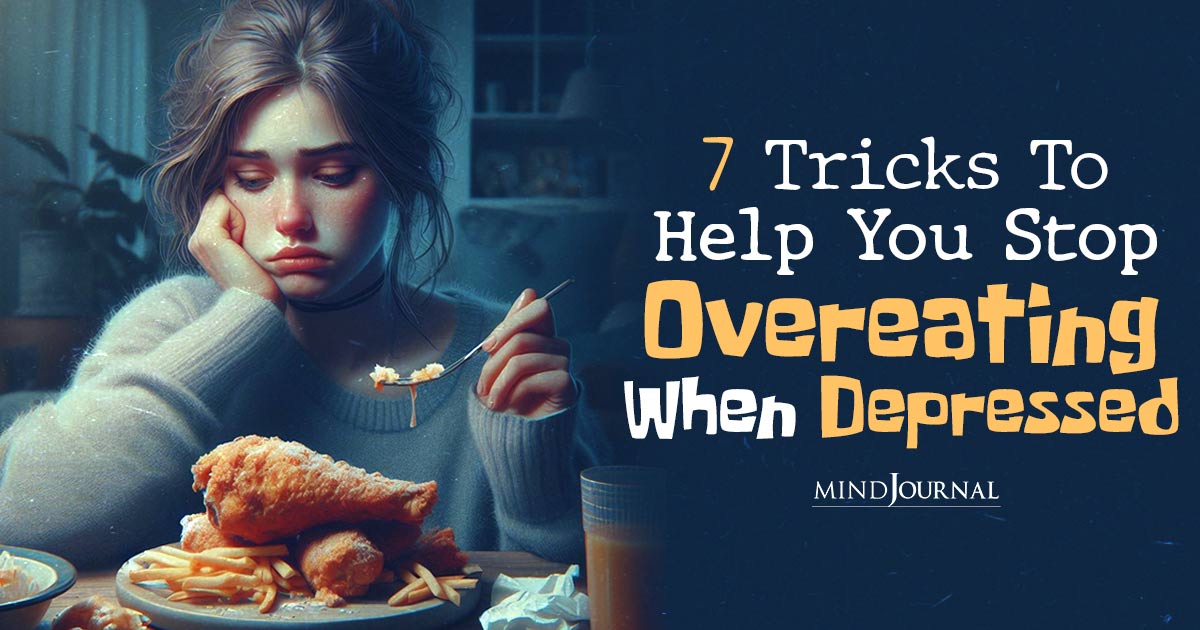
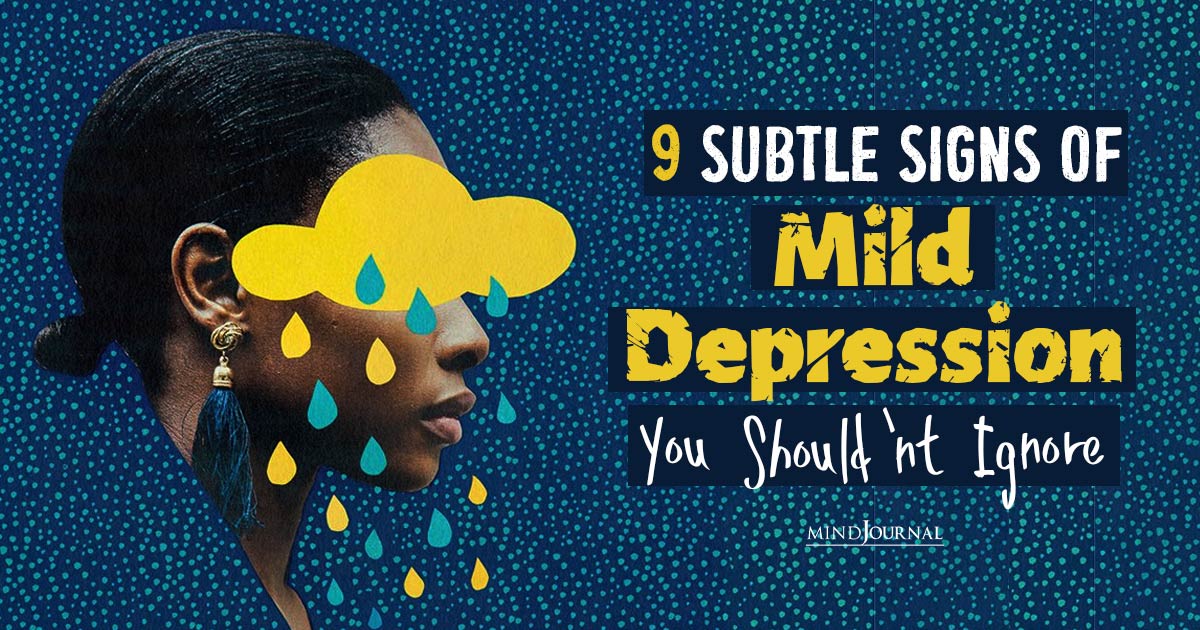
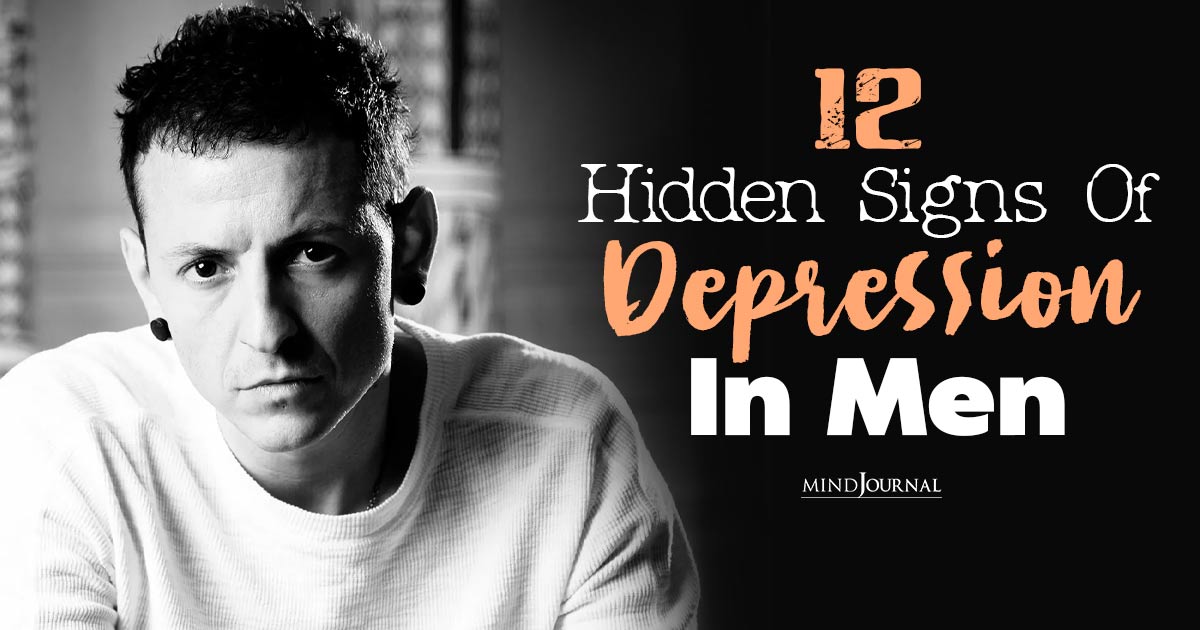
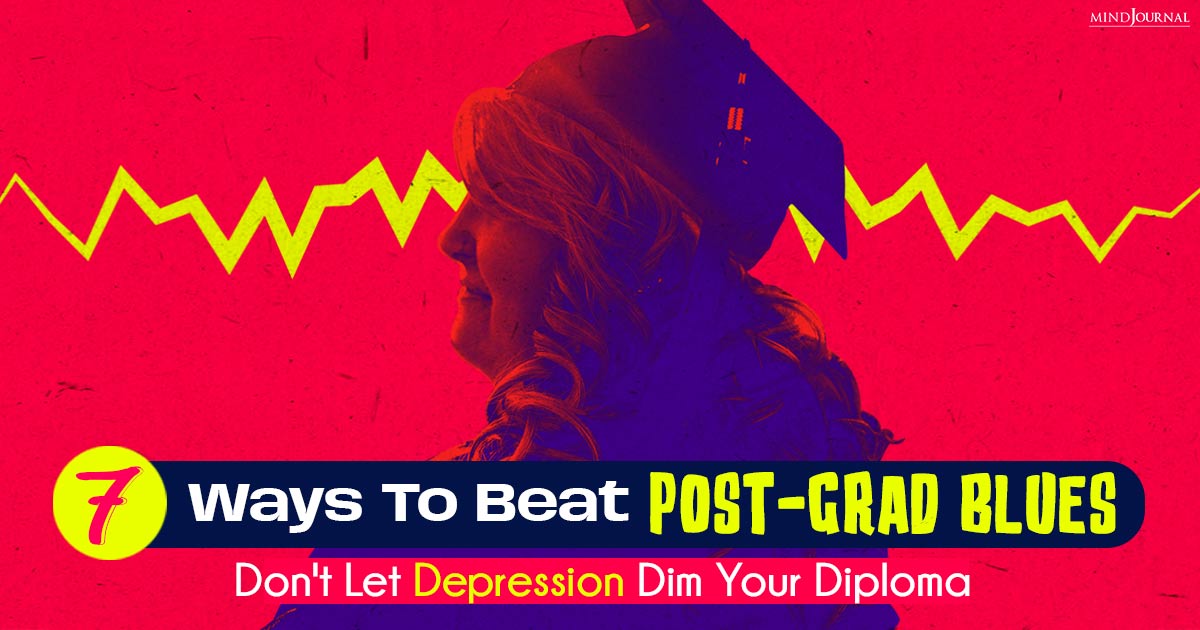
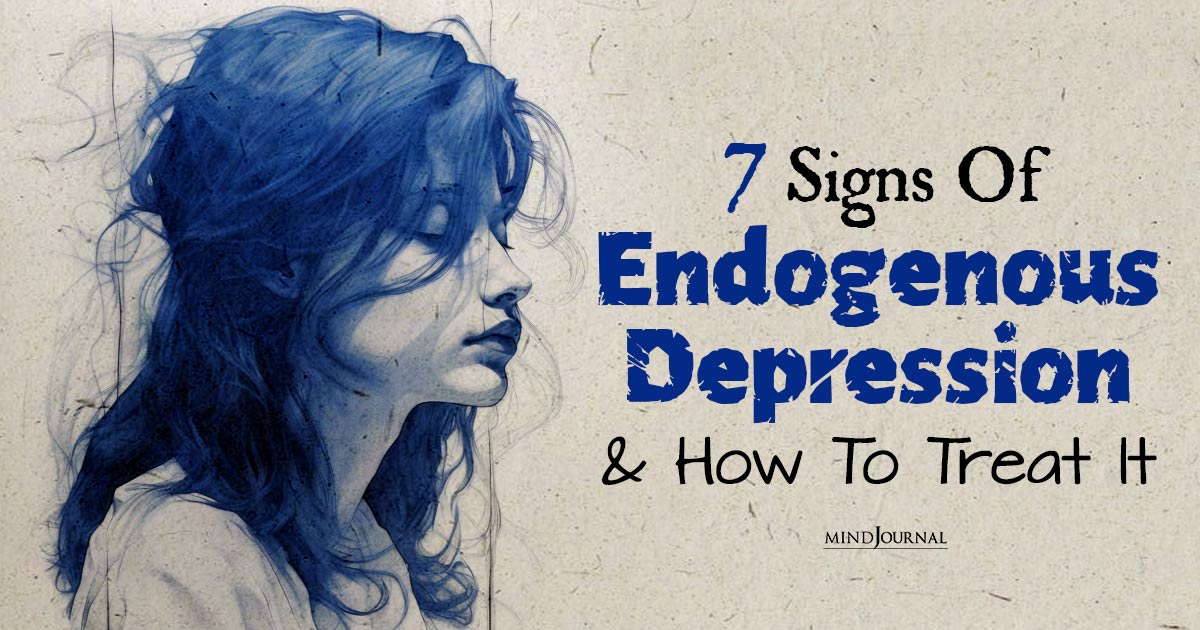

Leave a Reply
You must be logged in to post a comment.